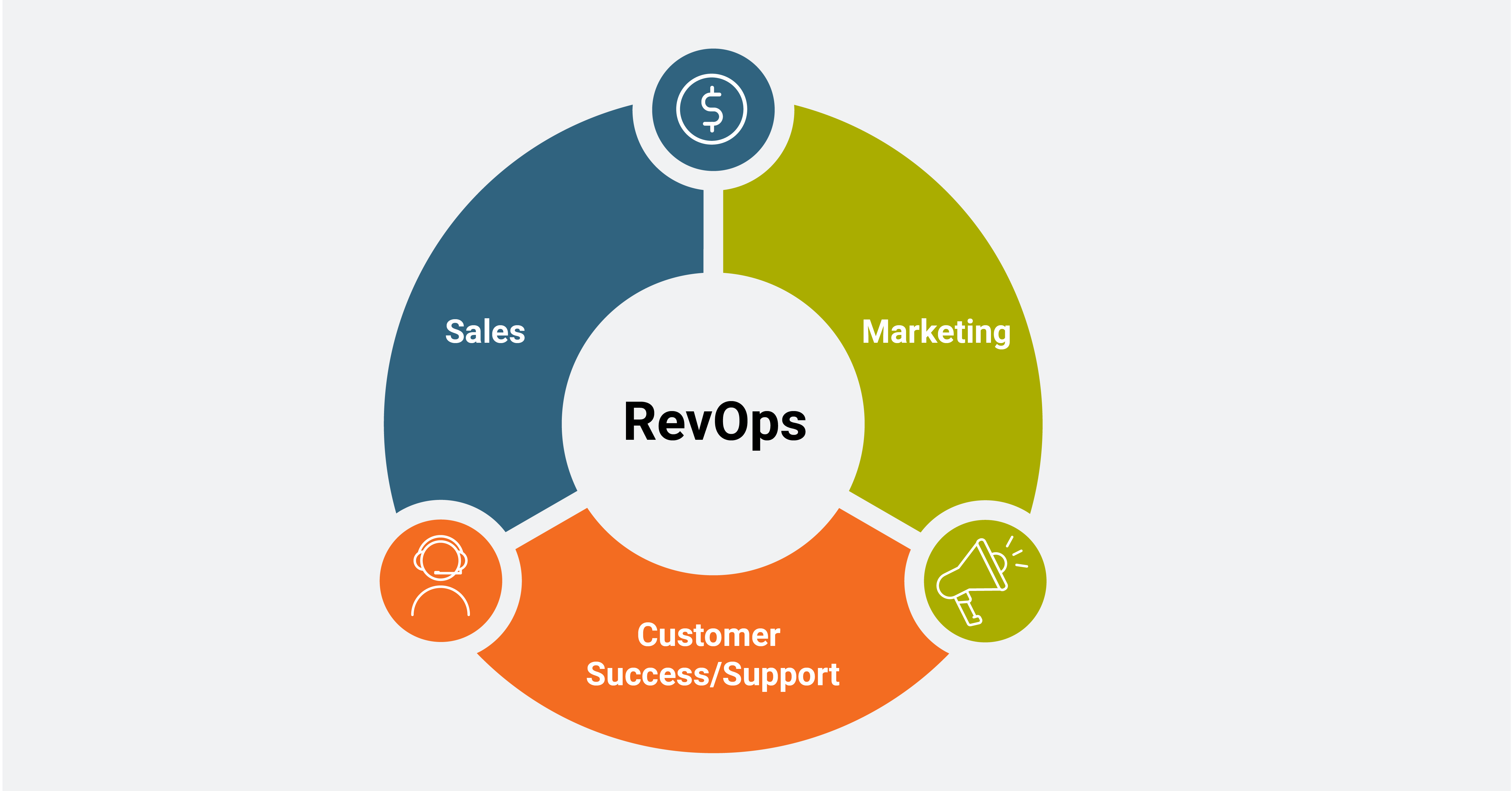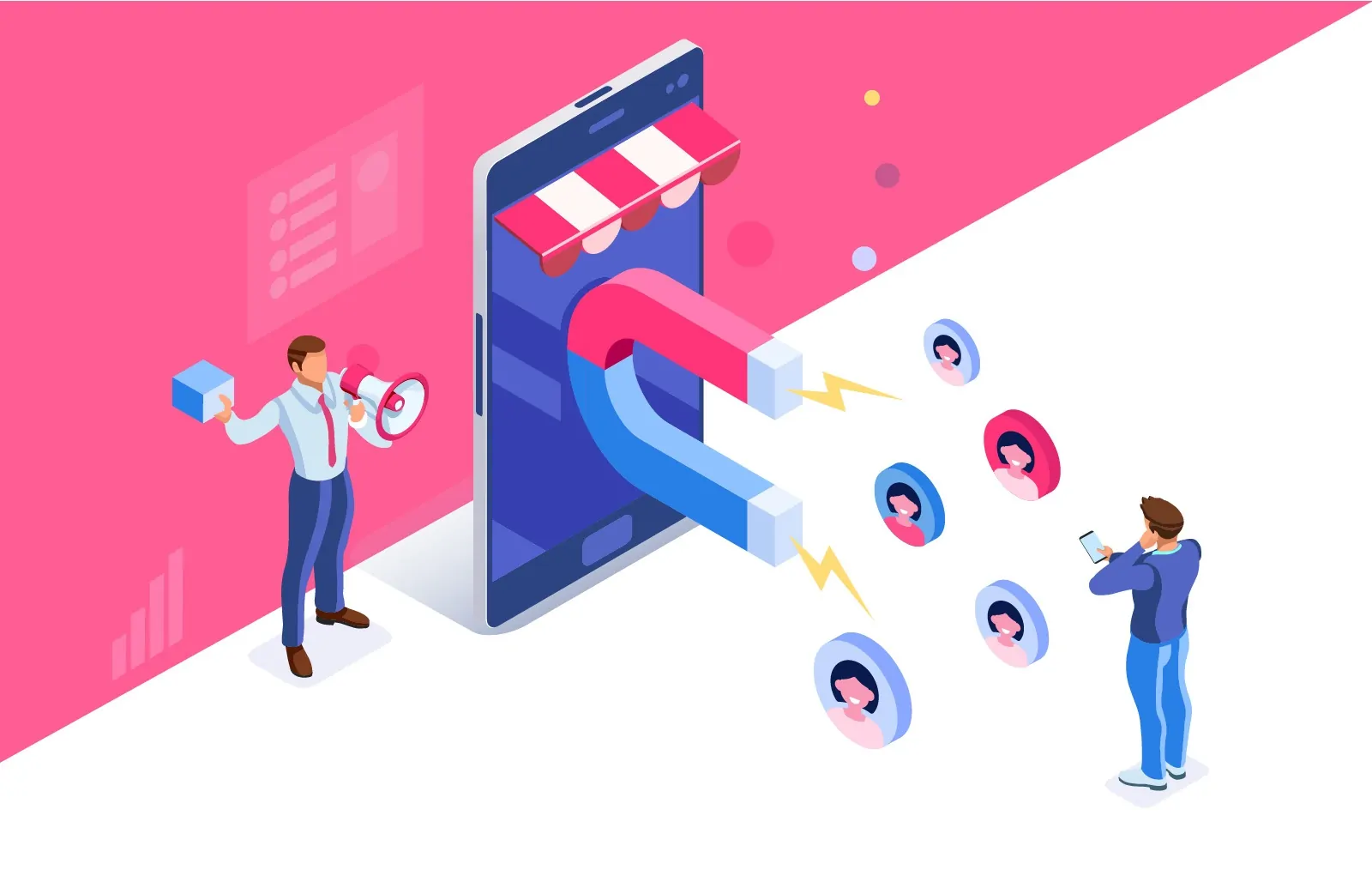In part because of her own experience of online harassment, software engineer Tracy Chou launched Block Party, an anti-harassment startup that aims to help people feel safer on social media.
ARI SHAPIRO, HOST:
Women and people of color are often the targets of harassment and abuse online, and that drives some to simply abandon platforms like Twitter and Facebook. Now, a software engineer is using her own experience of harassment to build tools that help people feel safer on social media. NPR tech correspondent Shannon Bond has more.
SHANNON BOND, BYLINE: There’s a saying in Silicon Valley – solve your own problems. And Tracy Chou sees plenty of problems in her social media feeds.
TRACY CHOU: Everything from the casual mansplaining reply guys to really targeted persistent harassment and stalking and explicit threats that have led me to have to go to the police and file reports. Like, I’ve experienced a pretty wide range of this harassment.
BOND: Chou is a Stanford-educated software engineer who’s worked at tech companies like Pinterest and Quora. Along the way, she’s become a leading advocate for diversity, pushing Silicon Valley companies to disclose how many – really, how few – women engineers they hire. And that’s made her a big target of online harassment and even threats of violence, from Twitter to Facebook to Reddit.
CHOU: I am so devoted to solving this problem because it is a personal one, and it’s a pain that I live with literally every day.
BOND: Chou’s diversity work has also given her an inside understanding of why this kind of abuse is so persistent on social media. As she sees it, it’s because the men – mainly white men – who founded, run and invest in most big tech companies, are less likely to experience harassment, so they fail to anticipate how these products could be misused.
CHOU: They didn’t prioritize safety solutions because they never needed them for themselves.
BOND: And that’s why Chou has created an app called Block Party. The idea is to give people more control over their experience on social media. You connect Block Party to your Twitter account, and it gives you a set of filters that you can use to decide what messages you want to see and what you don’t.
CHOU: So in some ways, it functions a bit like a spam folder. We don’t pretend that doesn’t exist. It still exists. It’s there, but you can choose when to look at it.
BOND: And that choice is key. Most social networks do provide tools to block, mute or report other users. Block Party makes that easier to do on users’ own terms. Right now, it only works with Twitter, but Chou’s ambition is to expand Block Party across social media. It’s also designed to help deal with the worst abuse by letting people collect evidence of threats or stalking. That kind of documentation is really important for legal cases, like getting restraining orders, says Carrie Goldberg, a lawyer who represents people targeted by online abuse.
CARRIE GOLDBERG: Any feature that collects the evidence and puts it somewhere, I am all for, especially if it means that a victim has control over when he or she looks at it.
BOND: But Goldberg says she’s also frustrated that Block Party needs to exist in the first place. She says the tech platforms should be on the hook for keeping their users safe.
GOLDBERG: We shouldn’t have to be farming that out to third party companies and putting the onus on the victim to have the software, figure out how to use it because it still is based on this premise that the abuse is inevitable.
BOND: There’s also the concern that a tool like this could exacerbate another problem of social media – the filter bubble, where people shut themselves off from views they disagree with. Chou says the idea of Block Party is not to filter out alternative perspectives, but to give users a break from the kind of toxic behavior that can turn them off social media entirely.
CHOU: The people who often are disproportionately targeted for harassment are people that we really need to hear from. It’s often women, minorities, people from marginalized backgrounds. These are the people who are being silenced, and that has pretty big consequences for all of our society.
BOND: She says the biggest risk would be losing their voices from the online conversation. Shannon Bond, NPR News.
(SOUNDBITE OF PSALM TREES’ “CALL WHENEVER”)
Copyright © 2021 NPR. All rights reserved. Visit our website terms of use and permissions pages at www.npr.org for further information.
NPR transcripts are created on a rush deadline by Verb8tm, Inc., an NPR contractor, and produced using a proprietary transcription process developed with NPR. This text may not be in its final form and may be updated or revised in the future. Accuracy and availability may vary. The authoritative record of NPR’s programming is the audio record.




